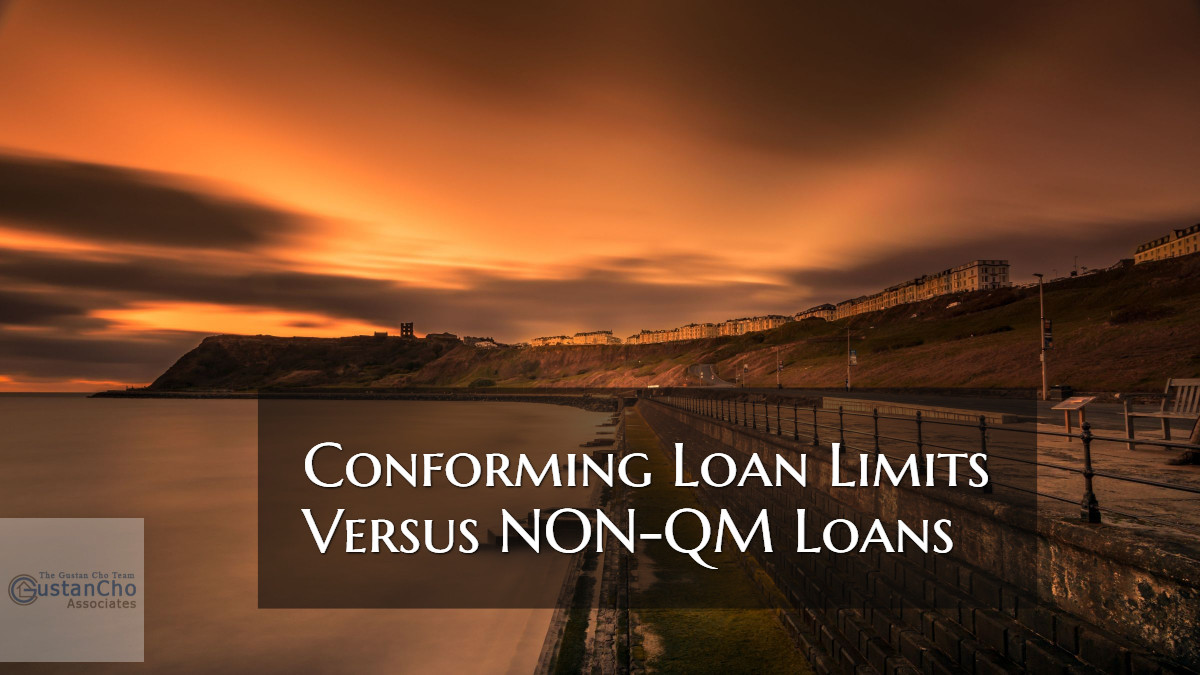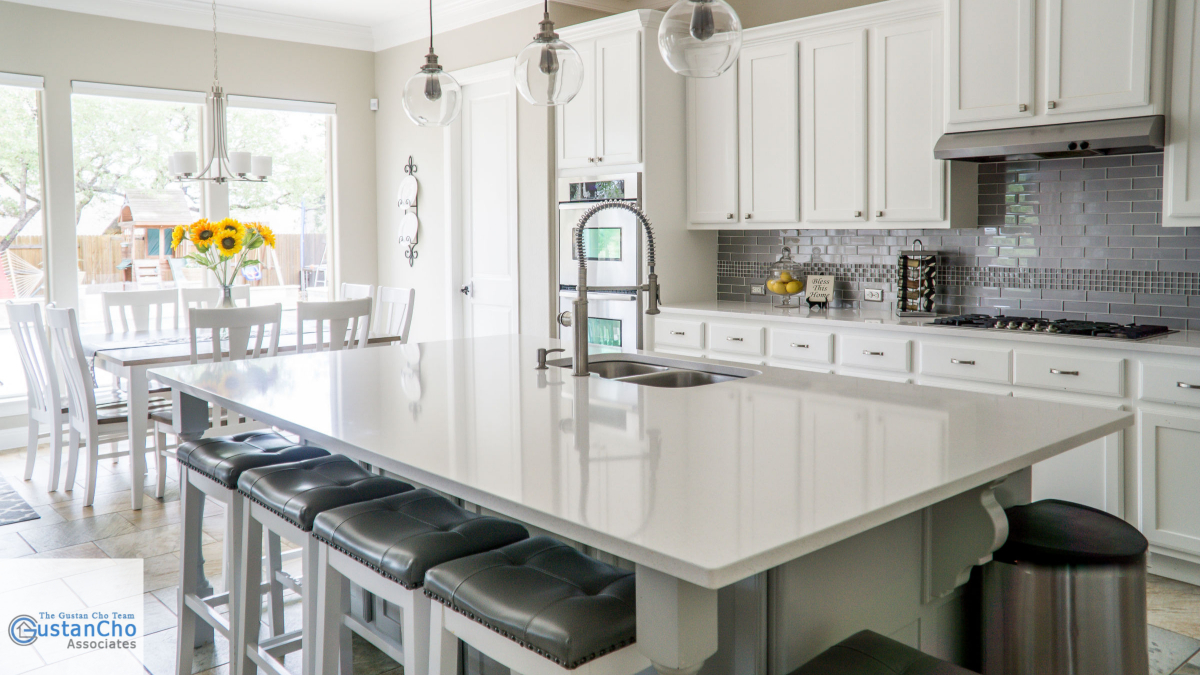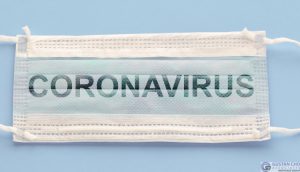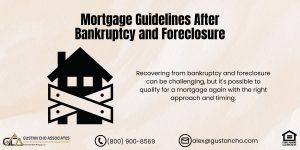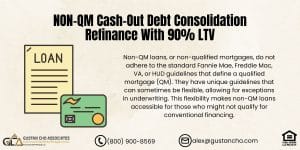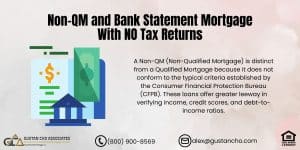This BLOG On Conforming Loan Limits Versus NON-QM Loans On Home Purchase Was UPDATED On November 9th, 2018
The FHFA announced Conforming Loan Limits Increase In 2017 First Time Since 2006.
- Surprisingly, FHFA then announced another increase of conforming limits for 2018
- This is two increases of loan limits on conventional loans
- HUD, the parent of FHA also increased loan limits for two years in a row
- The news of Conforming Loan Limits Increase In 2017 First Time Since 2006
- The increase greatly helped out home buyers due to the surge of rising home prices nationwide
- Conforming Loan Limits Increase In 2017 was increased to $424,100 from the $417,000 current Fannie Mae and Freddie Mac Conforming Loan Limits
- Unfortunately, FHFA increase of their loan limits in 2017 did not make a dent for home buyers due to out of control rising home prices
- They then increased loan limits to $453,100 for 2018
- Again, home prices were increasing with no signs of any correction
- Rising home prices was a major barrier for home buyers
In this article, we will discuss and cover conforming versus non-QM loans.
Conforming Versus NON-QM Loans And Loan Programs
Any mortgage loans higher than $453,100 are called non-conforming loans and fall in the Jumbo Mortgage territory. Conforming Loan Limits Versus NON-QM Loans is like day and night. NON-QM Loans can be done with home loans up to $3,000,000.
- Gustan Cho Associates has launched multiple non-QM loan programs
- There is no waiting period after housing events and/or foreclosure with non-QM loans
- There is no loan limits with non-QM loans
- There is no private mortgage insurance requirement on all of our non-QM loan programs at Gustan Cho Associates
- Down payment requirements range from 5% down payment to 20% down payment
- The amount of down payment is dependent on borrowers credit scores
- Mortgage rates on non-QM loans are dependent on borrowers down payment and credit scores
- Gustan Cho Associates has bank statement loans for self-employed borrowers
- There are 12 months and/or 24 months bank statement loan programs for self-employed borrowers
- No income tax returns are required
- Either personal or business bank statements can be used
- Gustan Cho Associates offers 5% down payment Jumbo Mortgages With No Mortgage Insurance
We also offer NON-QM Jumbo Mortgages for borrowers with credit scores down to 500.
What Triggered Conforming Versus NON-QM Loan Limits
Real Estate and Mortgage Industry Experts credit the conforming loan limits increases for two years in a row being triggered due to rising home prices.
- FHFA increasing loan limits was a very rare thing
- It was the first time of conforming loan limits increase since 2006 by the Federal Housing Finance Agency
- To add to the surprise, FHFA then increased conforming loan limits for 2018
- This is the second increase for two years in a row
- The Federal Housing Finance Agency, and the United States Department of Housing and Urban Development, which is HUD and the parent of the Federal Housing Administration, both increased loan limits for 2017 and again 2018
Conforming Loans are Fannie Mae and Freddie Mac Conventional Loans. Government loans are home loans that conform to the following government agency guidelines:
- FHA Loans under the direction of HUD Guidelines
- VA Loans under the direction of the United States Department of Veteran Affairs or VA
- USDA Loans under the direction of the United States Department of Agriculture Rural Development
Conforming Loans Versus Jumbo Mortgages
Conforming Loans have many more benefits than Jumbo Mortgages. Government and Conforming Loans are much easier to qualify Versus Jumbo Mortgages.
Here are the benefits of conforming loans versus traditional jumbo mortgages:
- Conforming Loans:
- Conventional Loans, require down payment on a home purchase of 3% down payment for first time home buyers
- Or 5% down payment for seasoned home buyers
- First time home buyers are defined for homebuyers who did not have any ownership of a home in the past 3 years
- Jumbo Mortgages traditionally require 20% down payment:
- Gustan Cho Associates now offers Jumbo Mortgage Loan Programs with 5% down payment on Jumbo Mortgages
- Minimum Credit Score Requirements by Fannie Mae and Freddie Mac is 620 FICO Credit Scores Versus 700 Credit Scores on Traditional Jumbo Mortgages
- Gustan Cho Associates offers NON-QM Jumbo Mortgages with 5% down payment
- We also offer Jumbo Loans with credit scores down to 500
- The lower the credit score, the higher the down payment is required
What Happens If Conforming Loan Limits Does Not Increase But Home Prices Do?
The Federal Housing Finance Agency, or FHFA, is the federal agency that is responsible for setting Conventional Loan Limits for conventional mortgage loans that are purchased by both Fannie Mae and Freddie Mac.
- VA loan limits normally follow conforming guidelines
- Conforming Loan Limits Increase In 2017 and 2018 includes for both Conventional Loans and VA Loans
- Both Conventional Loans and VA Loan Limits have increased from $417,000 to $424,100 for a single-family home and/or one-unit home and increased to $453,100 for 2018
- There are high-cost areas in the United States where high cost conforming loan limits apply
- The maximum Conforming Loan Limits Increased In 2018
- It was at 636,150 but now is at $679,500 on single-family homes
If you are a home buyer that needs higher loan amounts than the Conforming Loan Limits Increase In 2018 above, Gustan Cho Associates offers non-QM loans. There are no loan limits on non-qm loans. There is no private mortgage insurance required. Credit Scores down to 500 FICO.
FHA Loan Limits Follow Conforming Loan Limits Increase
FHA also increased the FHA Loan Limits In 2017 from $275,665 to $294,515 for one-unit properties. This is for most of the areas in the United States and excludes high-cost areas.
Here Are The FHA Loan Limit Increases In 2018
- One Unit Property FHA Loan Limits $294,515
- Two Unit Properties FHA Loan Limits $377,075
- Three Unit Properties FHA Loan Limits $455,800
- Four Unit Properties FHA Loan Limits $566,425
Conforming Versus NON-QM Loans Effective Dates
The Conforming Loan Limits Increase In 2018 is the second loan limit increase since 2006. Many borrowers will benefit from this both the Conventional Loan Limit and FHA Loan Limit Increases. However, home buyers who need higher loan limits can qualify with our non-qm loan programs where the cap loan limit is at $3,000,000.
This BLOG On Conforming Loan Limits Versus NON-QM Loans Was UPDATED On November 9th, 2018

